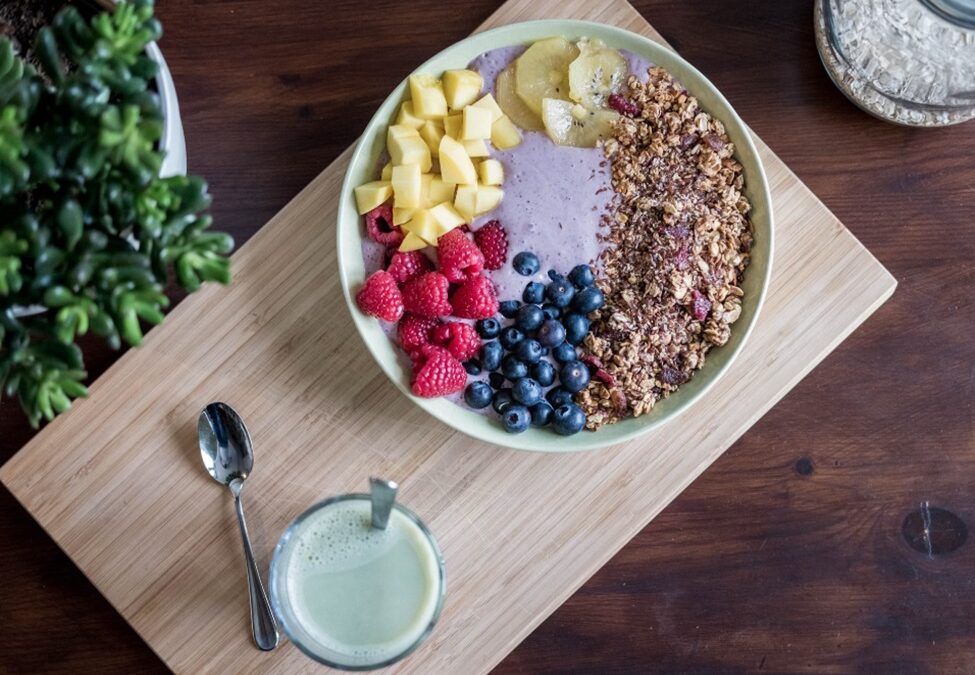
How to Grow Healthy – A Guide
Living a healthy life is about making intentional choices that nourish both the body and mind. By focusing on wholesome habits, we can foster well-being and vitality. Here’s a guide to growing healthy, with special attention to the benefits of incorporating home-grown efforts and organic produce into your lifestyle.
Prioritize Wholesome Nutrition
Nutrition is the foundation of good health. Focus on consuming a balanced diet filled with whole foods, including fruits, vegetables, lean proteins, and whole grains. Incorporating organic produce groceries into your meals is a step toward reducing exposure to harmful pesticides and chemicals. Organic options are grown without synthetic fertilizers, ensuring they are rich in nutrients and safe for long-term consumption.
By choosing organic produce, you’re not just benefiting your body—you’re also supporting sustainable farming practices that are better for the environment. Consider shopping at local farmers’ markets or joining an organic produce subscription service to access fresh, seasonal ingredients.
Grow Your Own Food
One of the most rewarding ways to enhance your health is by growing your own fruits and vegetables. Home gardening allows you to control what goes into your produce, ensuring it is free from harmful chemicals. To boost your efforts, consider incorporating poultry grit into your gardening practices. Poultry grit, a mix of crushed stones or shells, improves soil aeration and drainage, which benefits plant root systems. This results in stronger, healthier plants and more nutritious yields.
Home-grown food also fosters a deeper connection with nature and encourages outdoor activity, which contributes to both physical and mental health. Even small spaces, such as balconies or windowsills, can be used for growing herbs, microgreens, or compact vegetable varieties.
Stay Active and Move Daily
Physical activity is vital for maintaining overall health. Regular exercise improves cardiovascular health, strengthens muscles, and enhances mental well-being. Aim for at least 30 minutes of moderate activity each day, such as walking, cycling, or yoga. Gardening, especially when tending to home-grown produce, is also an excellent way to stay active while engaging in a purposeful activity.
Additionally, find activities you enjoy to keep exercise fun and sustainable. Whether it’s dancing, swimming, or playing a sport, staying consistent is the key to long-term benefits.
Focus on Mindful Living
Mental health is as important as physical health. Practicing mindfulness, meditation, and stress management techniques can improve emotional resilience and reduce the risk of mental health disorders. Create a routine that includes moments of relaxation, gratitude, and connection with loved ones.
Spending time outdoors, especially in a garden or park, can significantly reduce stress and enhance your mood. The combination of physical activity, fresh air, and natural beauty contributes to a sense of balance and well-being.
Choose Quality Over Quantity
When it comes to the food you consume and the lifestyle you lead, prioritize quality. Opt for organic produce groceries that are nutrient-dense and ethically sourced. Grow your own vegetables and fruits with care, using tools like poultry grit to ensure a robust and healthy harvest. Invest in habits, relationships, and practices that truly add value to your life rather than overwhelming yourself with excess.






